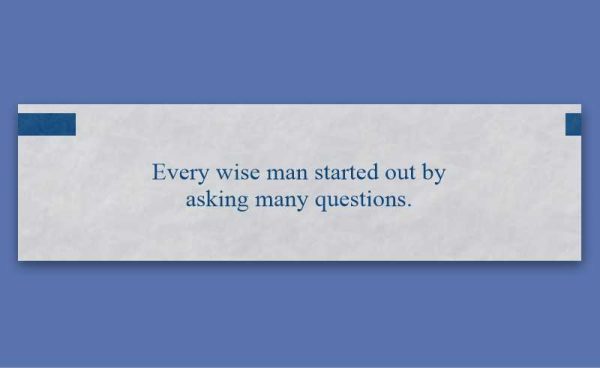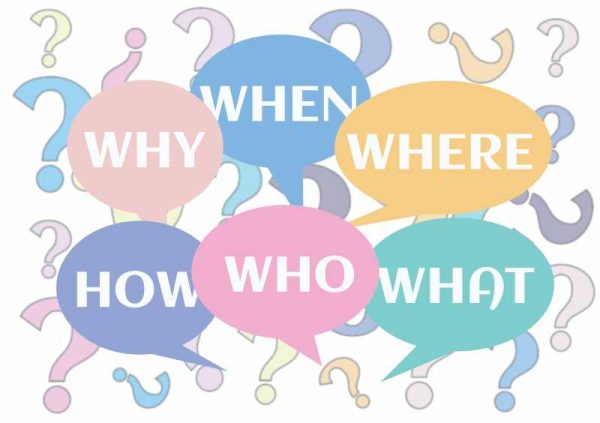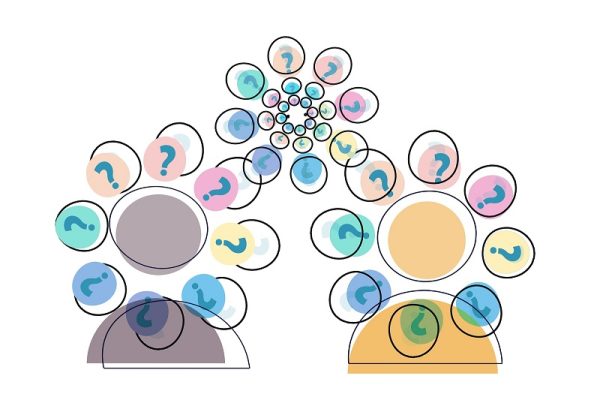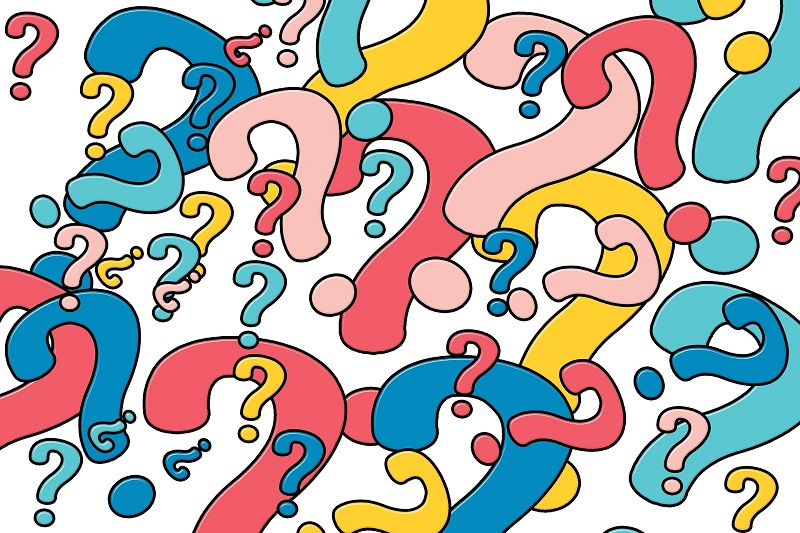Fortune Cookie Friday: All We Have to Do Is Ask
When my children were younger, they asked many questions. “Why is the sky blue? How do birds fly? Where does the poop go when we flush the toilet?”
I tried to answer each of them to the best of my ability. I also encouraged them to ask more. If I didn’t know the answers, we took the time to look them up together.

When we look at the human species and our accomplishments, it’s easy to question how we did it. What makes us so different from other animals?
Yes, we evolved to walk upright and have opposable thumbs, but there is more to it than that. Our increased brain capacity moved us up the evolutionary ladder, but the parts we used and how we used them made the difference.
I hypothesize that what makes us ultimately different from the other animals that roam this planet is that we ask, “Why.”
We can see evidence of the who, what, where, when, and how in other species’ actions.

Animals can formulate what they see, hear, and smell. They can recognize other species and members of their flock or pack by how they look, smell, or sound. Many have seasonal rhythms that tell them when to wake, mate, or migrate. Some animals can locate nesting grounds they’ve never been to by tapping into instinctual memories. We even have animals that create tools to solve how they can get food.
Humans took this general knowledge aspect of our surroundings and life one step further by questioning why.
People want to know why something is the way it is isn’t because of a simple sense of curiosity. Many animals are curious. Primates, other mammals, birds, and even worms use curiosity to learn about their environment. The knowledge they gain from this perceptual curiosity helps them make crucial decisions for survival and also satisfies their draw for novelty.
There is another type of curiosity that is distinctively human: epistemic curiosity. This curiosity occurs later in life and most likely requires complex language skills. Epistemic curiosity is the desire for knowledge that motivates individuals to learn new ideas, eliminate information gaps, and solve intellectual problems.

Another way of explaining it is we want to know, hate not knowing, and will go about any means necessary to find out. Who knew?
We are driven to ask questions from the moment we are born, but as we grow, we desire more and more knowledge. It is this desire and our ability to live in almost any niche that helped us obtain more free time to be introspective and become who we are today.
Looking around society, we may meet many people with vast knowledge. Experts in their fields aren’t born that way. They obtained that knowledge by asking questions. We can be those experts, too. All we have to do is ask.




